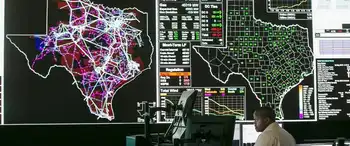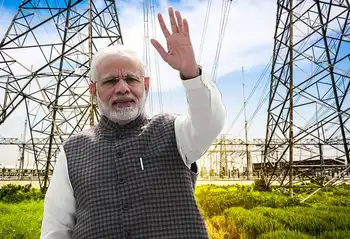Drought threatens Java island's power supply
JAKARTA, INDONESIA -- - Indonesia said recently a prolonged drought would reduce the country's ability to produce electricity and could affect power supply on the island of Java.
"Some hydropower generators are not in operation because of less water," Luluk Sumiarso, director general for electricity at the mines and energy ministry, told Reuters.
"If the drought continues through to November, then that is a vulnerable situation for our reserve electricity generating capacity in Java, because it will fall," he said.
The government had predicted the electricity generating capacity reserve margin could fall to around six percent in November, compared with an acceptable level of around 30 percent, if the drought continued.
The country's annual dry season, which runs from April to October, has been harsher than normal this year.
"At the moment, there is no problem on the supply side. But if there is a disturbance in the electricity system then that is a problem which we can't avoid," Sumiarso said.
State electricity firm PT Perusahaan Listrik Negara (PLN) had 18,000 megawatts (MW) electricity capacity but only around 15,000 MW was in operation, he said. About 1,100 MW come from hydropower and peak demand required 13,000 MW.
Sumiarso said PLN had delayed some power plant maintenance to ensure electricity supply on Java island. He gave no details.
Power demand in Indonesia as whole is estimated to be growing by around 10 percent annually, making it one of the most robust markets in Southeast Asia.
Related News

Texas Weighs Electricity Market Reforms To Avoid Blackouts
HOUSTON - The Public Utility Commission of Texas is discussing major reforms to the state’s electricity market with the purpose to avoid a repeat of the power failures and blackouts in February 2021, which led to the death of more than 100 people and left over 11 million residents without electricity for days.
The regulator is discussing at a meeting on Thursday around a dozen proposals to make the grid more stable and reliable in case of emergencies. Proposals include paying power generators that are on standby when the grid needs backup, and requiring companies to pre-emptively buy capacity to meet…




